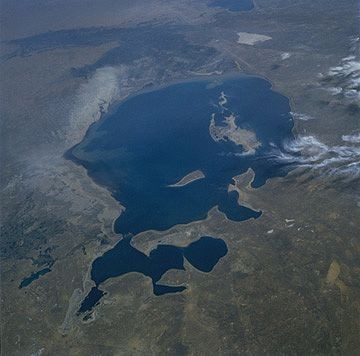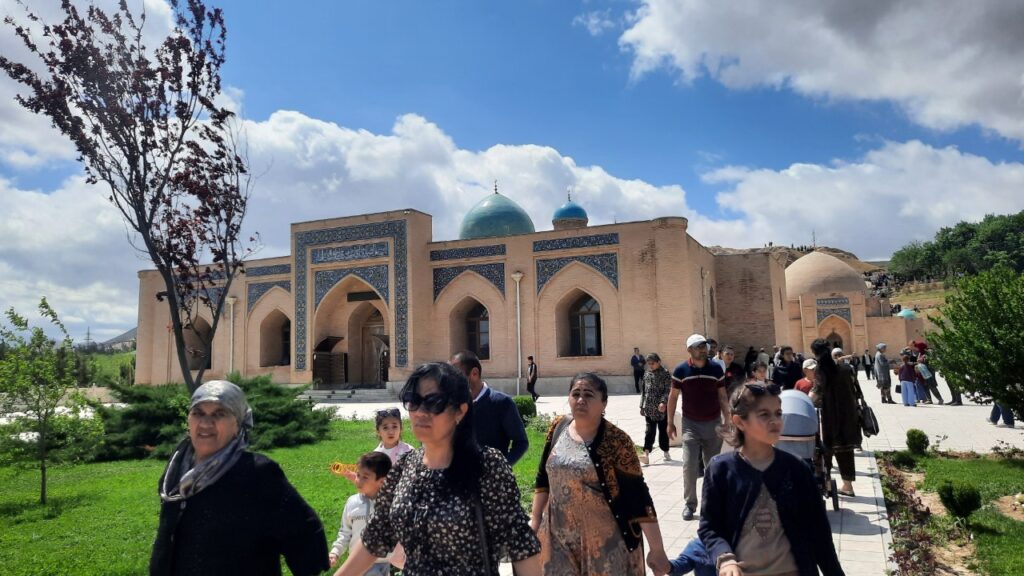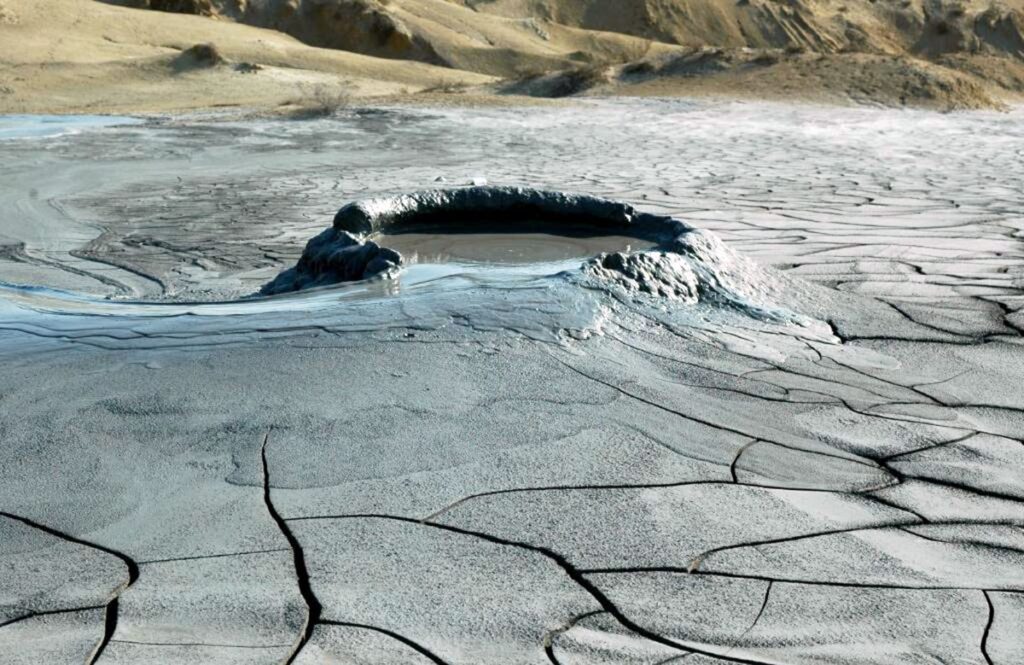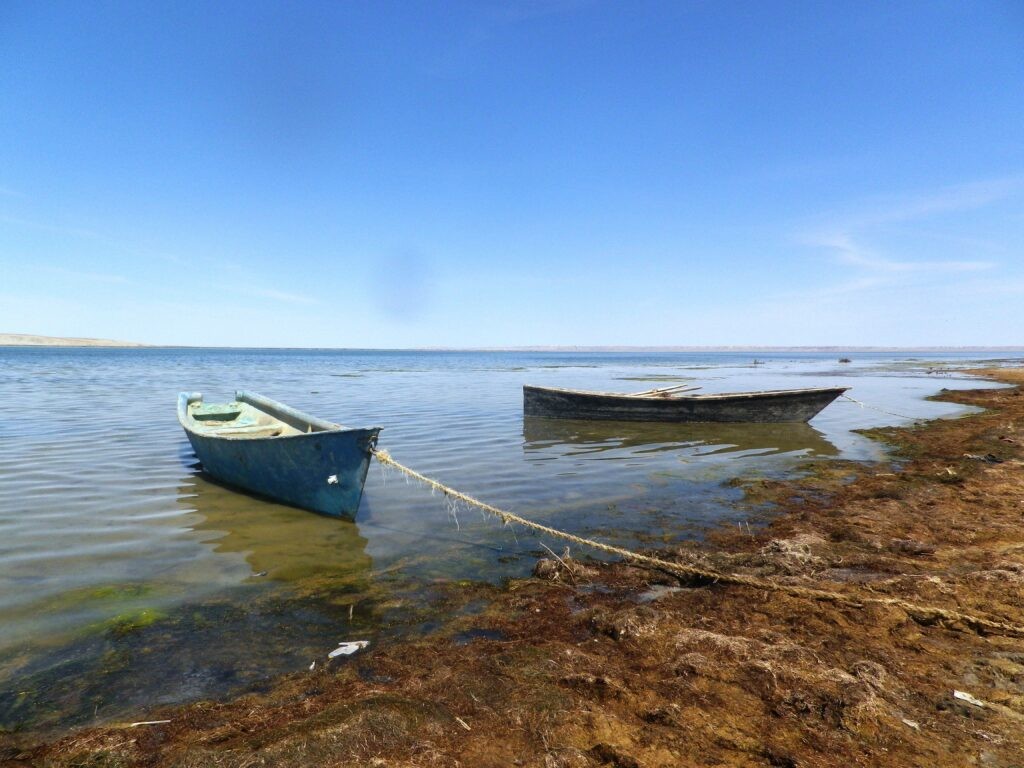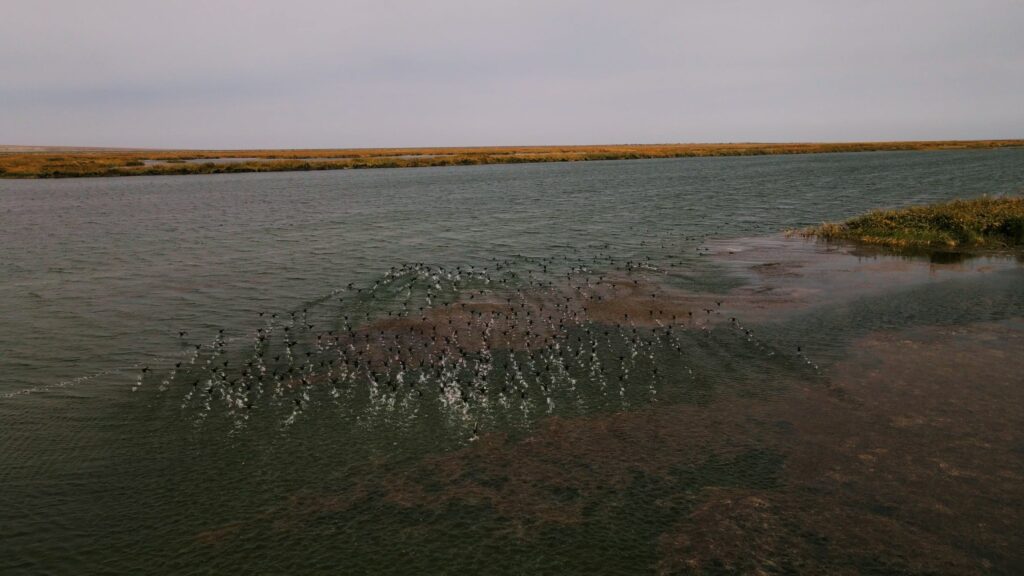TASHKENT (TCA) — The European Investment Bank (EIB) and the Ministry of Investment and Foreign Trade of Uzbekistan on September 24 signed a Memorandum of Understanding paving the way for a EUR 100-million investment program designed to join in international efforts to recover the Aral Sea.
As the EU Climate Bank, EIB will support the Uzbek Government achieve one of its national priorities and protect the environment in the Aral Sea region, home to around 1.8 million people, and facilitate transition to a greener economy, the EIB said in a press release.
The EIB plans a two-tier investment program for the Aral Sea – which was in 1970 the fourth largest body of water on Earth. The first tier will see the rehabilitation and modernisation of the obsolete irrigation systems in the Amu Darya river valley, a major water contributor to the Aral Sea. The second will allow for restoration of agricultural land in the area, degraded over decades by saline intrusion, and now covered in salt because of decades of inadequate, Soviet-style irrigation system usage.
The two measures will reduce the amounts of water currently drawn from the Amu Darya River for irrigation and allow the river to contribute more water to the Aral Sea. The EIB-backing will also allow Uzbekistan to stop further environmental damage in the Aral Sea region, mitigate and alleviate the negative climate, environmental, economic and social effect of extensive and inadequate irrigation in the Uzbekistani part of the Aral Sea basin. The partnership will contribute towards a more sustainable, environment-friendly economy in Uzbekistan.
The environmental situation around the Aral Sea has been deteriorating since the 1960s, affecting living and economic conditions for communities in the Amu Darya river valley, the Uzbek region of Karakalpakstan, with negative climate and environmental effects extending globally, well beyond the borders of Uzbekistan.
Following the MoU, the next step towards the investment program will be the approval of the loan by the EIB. Once approved and signed, the program will be implemented in partnership with the Government of Uzbekistan and the European Union, within the framework of the United Nations Multi-Partner Human Security Trust Fund for the Aral Sea Region (MPHSTF), set up jointly by the UN and Uzbekistan to coordinate the aid flow in the region.
“Today, the EIB — the EU’s Climate Bank — and the Government of Uzbekistan partner to contribute to the international effort to save the Aral Sea for the future generations,” said Vazil Hudak, Vice-President of the EIB. “Together, we will work to alleviate one of the worst man-made environmental disasters in the world today and create greener economy for the people of Uzbekistan to benefit from. EIB is proud for the opportunity to work alongside our Uzbek partners, the EU and the international community towards a long-term sustainable solution for the Aral Sea. This signature is good news for the Uzbeks, Central Asia, Europe and the world and I am proud to represent the EIB on this historic occasion.”
Ambassador Peter Burian, EU Special Representative for Central Asia, welcomed the agreement, saying: “I welcome this significant contribution of EIB to addressing the consequences of one of the greatest human-made global environmental disasters and supporting the efforts of the Government of the Republic of Uzbekistan, initiated by President Mirziyoyev, to mitigate the severe impact of the Aral Sea disappearance and improve environmental and socio-economic conditions of the people living in the area. This important step fully corresponds with one of the key priorities of the newly adopted EU Strategy on Central Asia focusing on strengthening the partnership for resilience with countries of the region.”
